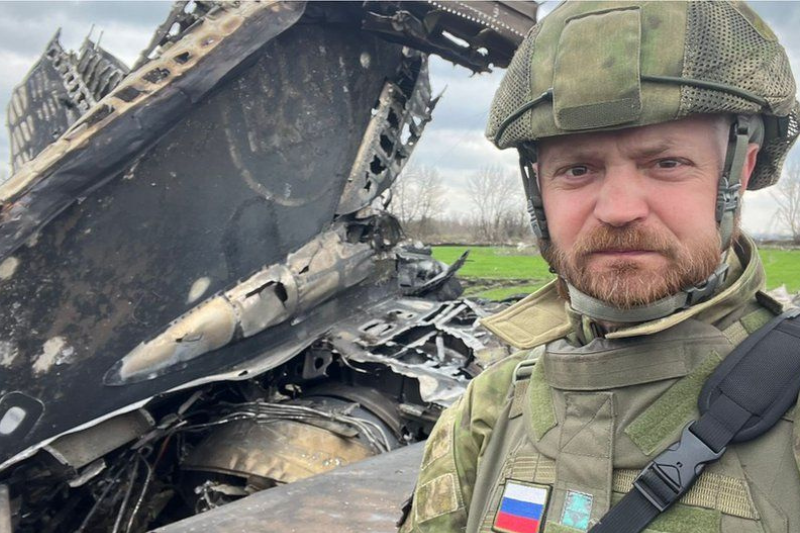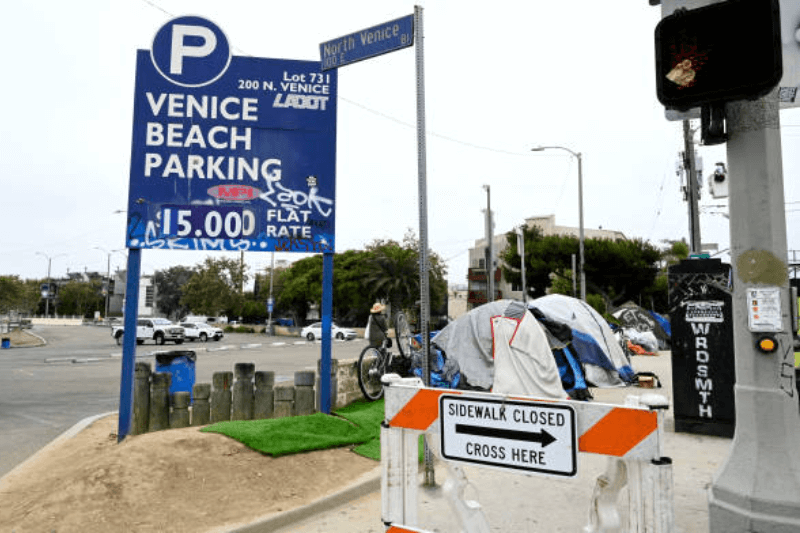
Russian influencers making money from war propaganda
Vladimir Putin’s pro-war influencers are profiting from their social media coverage of the conflict, an investigation by the BBC’s Global Disinformation Team has found.
Alongside videos of drone strikes and other gruesome incidents, they share advertisements for anything from cryptocurrency to fashion and reap big revenues.
Called “Z-Bloggers” in Russia because of their support for a war often symbolised by the letter Z, the influencers post footage from the front line where they encourage young Russians to enlist.
Z-Bloggers’ Potential Income Dwarfs Russia’s Monthly Wage
Since the beginning of the invasion, scores of influencers have garnered a strong following on Telegram – the platform many Russians embraced after Putin banned Twitter and Facebook.
That explosion in users has prompted a surge in Telegram’s ads market. Influencers have taken advantage of the spike, selling ad spaces for companies interested in their young audiences.
In order to find out how much the Russian social media influencers charge, the BBC team posed as hotel owners looking for ways to post advertisements on their channels.
They were able to reach some of the most prominent players, including Alexander Kots who boasts of a staggering 600,000 followers on his personal Telegram channel.
The war influencer said he would charge £440 – £680 per post on his channel, while Semyon Pegov, with over 1.3 million followers, quoted BBC the equivalent of £1,550 per post.
Keep Reading
Some Of The Videos Posted Are Fake
With Putin’s pro-war influencers posting at least one advertisement per day, it appears their potential income easily dwarfs the country’s monthly wage of £550.
While some of the Z-Bloggers hold significant experience in war reporting for state-run media outlets, others have no professional training.
While the war influencers continue to post a steady stream of exclusive videos and reap big advertising revenues, some of the videos posted are fake.
Last March, prominent bloggers uploaded a dashcam footage that purported to show two Ukrainian soldiers stopping a car and calling the woman in it “a pig” for speaking Russian.
While the Z-Bloggers said the video was the perfect representation of how Ukraine treated civilians, the BBC revealed multiple elements that suggest the video was staged.




